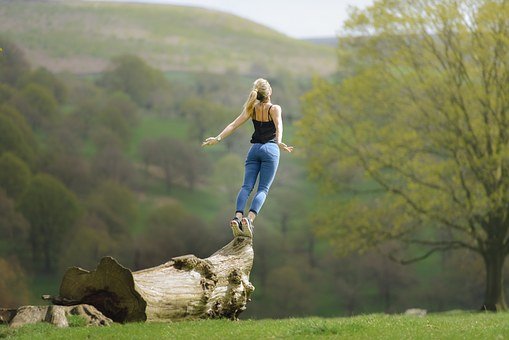Since 2019, the Conference of Bishops of France has wished to work on the understanding and reception of the encyclical Laudato si’ in the Church of France. This work cycle ended on April 8, 2022 in Lourdes. It will have been marked by the very disturbed context of the last few years and months both on the social front with the yellow vests and on the geopolitical level with the war in Ukraine at the gates of Europe, on the world level with the Covid pandemic -19 or with the ever more precise and cumbersome diagnosis of the latest IPCC report which invites us to change now. It will also have been marked by an original method of attempting synodality, each bishop inviting lay people on mission or invested in the themes of integral ecology. This is how the clamor of the earth, the clamor of the poor and the seeds of hope mingle.
A big construction site
And now ? And now everything remains to be done by relying on the already existing dynamics. There are projects to be launched, for example the ecological renovation of Church buildings; initiatives to deploy and support such as the beautiful ecumenical momentum around the Green Church Label; ways of doing things to reform; ways of being in the world to be converted and celebrated in our liturgies. This is the great project of “ecological conversion” to be continued, seven years after the publication of the encyclical Laudato si’.
Seven years already. Or fifty, since the Meadows report on Limits to growth. Or thirty, from the top of the Earth in Rio. Or twenty, since the famous ” Our house is burning and we look away » of Jacques Chirac in Johannesburg in 2002, a year which was also for the Church that of the important Venice Declaration of John Paul II and Patriarch Bartholomew on ” Christian environmental awareness ».
The urgency of action
Faced with this passing time, a certain urgency and a certain urgency for concrete action are felt. How do our communities and ecclesial institutions fit into the rapid decarbonization trajectories that our societies have decided to initiate? How do our lifestyles preserve biodiversity? How do we live our vocation as gardener and priest of Creation?
If the urgency is there and if the end of the cycle Laudato si’ of the CEF now calls the time for action, it seems important to us, however, to underline the considerable needs for formation of ecclesial actors and Christians on all these subjects of integral ecology. This is not peculiar to the Church, but true in all institutions. Many of us who collaborate on the Campus de la Transition are convinced of this. There is an urgent need to act, that’s for sure. But it is precisely for this that we need to form ourselves, to discern well how to respond to the calls of the Spirit.
Not just a technical question
Four key points of such training seem particularly important to us:
1. It is necessary to have an approach in terms of figures and orders of magnitude of the magnitude of physical and ecosystemic phenomena on these ecological and social issues.
2. We must deconstruct certain ways of thinking that lead us to nourish structural injustices, and conceive the Transition not only as a technical and economic question, but as a real paradigm shift where art, ethics and spirituality have all their place.
3. Changing habits and lifestyles does not happen by itself, change must be discerned and implemented personally and collectively, to move towards a desirable future for all.
4. Finally, as believers, this whole process of conversion is Good News which questions our faith and makes us discover new faces of God.
A Church “Formed and Committed”
Committed at the Center Sèvres to the service of formation in the Church and carried by the universal apostolic preferences of the Society of Jesus, we are sure that we can all together take up this challenge of a basic formation which allows us to act height of the challenges that are before us, in the Church for love of Creation. This is what networks such as the Laudato si’ Movement or the formation times offered by certain dioceses or ecclesial actors are already doing. This is what we have been offering since last year with a one-year course, accessible online, and which aims for real depth for Christians concerned about integral ecology.
Thus formed and committed, the Church will be able, it is our wish, to respond to her universal vocation, as described by the Pope in Laudato si’ (214): “ An effort to raise public awareness is the responsibility of politicians and various associations. Also in the Church. All Christian communities have an important role to play in this education. »

